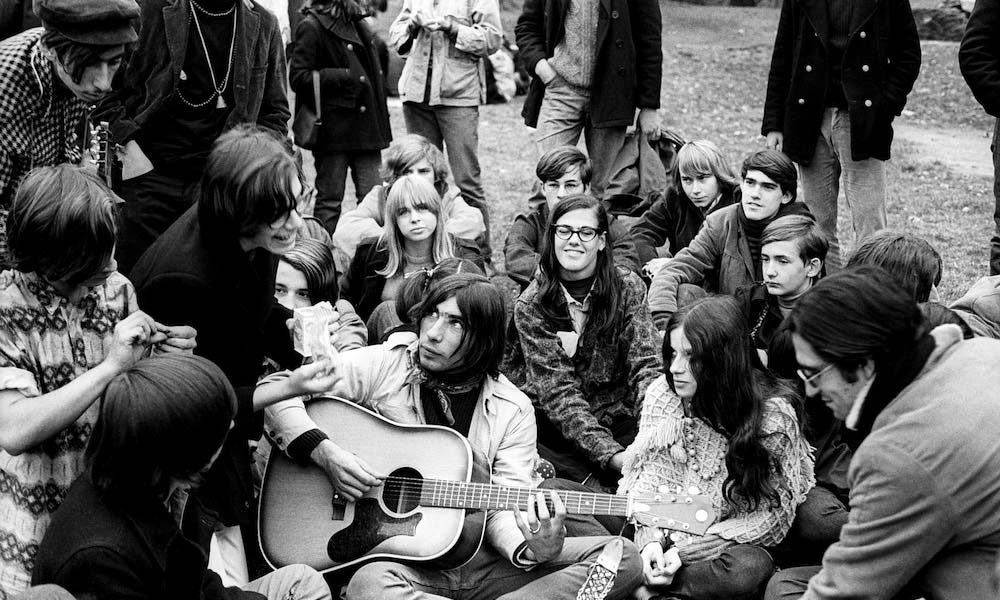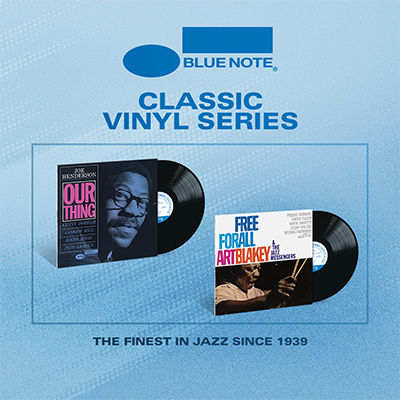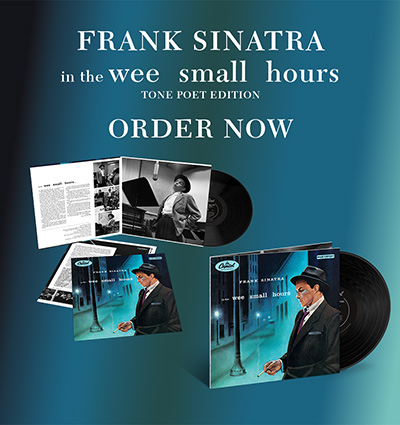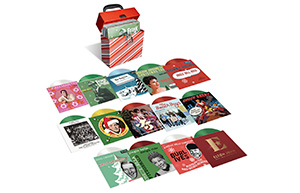The Most Misunderstood Political Songs Ever: 10 Tracks You Didn’t Get
Many misunderstood political songs have been taken to be calls to rebellion or patriotic chest-beaters – a far cry from the artists’ original intentions.

Sometimes a political anthem is just a political anthem. But there have been many cases over the years where the songwriter’s intentions get lost in translation, no matter how hard he or she tries to underline them. Anti-war songs get mistaken for pro-war ones, and protests get mistaken for flag-wavers. You might call this the “Born In The USA” effect, since the Springsteen song is probably the most famous example among many misunderstood political songs.
Here, we have picked ten of the most misunderstood political songs. What ones have we missed? Let us know in the comments section below.
Listen to the best political songs on Spotify.
10: U2: Sunday Bloody Sunday (War, 1983)
This one was so misunderstood that Bono famously declared, on the Under A Blood Red Sky version, that it was “not a rebel song.” Sure sounds like one, though, as the band’s playing had never been so ferocious before, and it leads off an album called War. With the addition of Steve Wickham’s fiddle, “Sunday Bloody Sunday” also marked one of the first times Irish folk elements were used in U2’s music. Yet the song really rejects violence on both sides of the Irish conflict. It is, above all else, a cry for peace and the first really effective statement of the band’s Christian beliefs, with “the battle Jesus won” as the reason for their pacifism.
9: The Temptations: Cloud Nine (Cloud Nine, 1969)
Here’s one of those cases where you have to decide whether you really believe the group – and even the songwriter. By all appearances, “Cloud Nine” is a powerful song about a ghetto dweller who turns to hard drugs because his life offers no better possibilities, and his claim that he’s “doing fine on cloud nine” gets more ominous as the song goes on. Yet most of The Temptations, and even writer/producer Norman Whitfield, have denied the song has any drug connection, claiming that it’s really about an elevated state of mind. Trouble is, the song is far more effective if you believe the drug angle.
8: Prince: Ronnie, Talk To Russia (Controversy, 1981)
At this stage in his career, Prince didn’t write too many political songs – indeed, in a contemporary review of Controversy, Sweet Potato magazine observed that you were more likely to encounter “the penis” as “a political tool in his worldview” – let alone misunderstood political songs. On this boppy new-wave number, however, it sure sounds like Prince is making fun of peoples’ worries about a Russian invasion, given the upbeat sound of the track. But no: it does seem he meant it and was genuinely concerned that the world was about to blow up. More of that was to come on “1999.”
7: The Guess Who: American Woman (American Woman, 1970)
You’d think there’d be no room for misunderstanding this one, since Burton Cummings and The Guess Who are clearly biting the hand that had just started to feed them. You can’t even write “American Woman” off as a song about one specific woman, since the obvious protest line, “I don’t need your war machines, I don’t need no ghetto scenes,” comes up toward the end. Yet over the years, it’s been misconstrued as a feminist empowerment song, when the band meant nothing of the sort.
6: Elvis Costello: Less Than Zero (My Aim Is True, 1977)
This was famously the song that Elvis Costello cut off after one verse on Saturday Night Live, saying “There’s no reason to do this here.” That’s because of its uniquely English background story, which references a TV program where British fascist leader Oswald Mosley got interviewed; the song’s sense of nihilism springs from outrage that someone like “Mr. Oswald” could worm his way back into society. Most US listeners didn’t know the reference (Less Than Zero author Bret Easton Ellis certainly didn’t) but Costello has a habit of saying what needs to be said. Speaking of which…
5: Neil Young: Rockin’ In The Free World (Freedom, 1989)
A favorite of presidential candidates on the campaign trail, Neil Young’s Gulf War-era rah-rah anthem is less patriotic than the title implies. Penned as a response to George HW Bush’s call for “a kinder and gentler nation”, Young paints an ironic picture of American pride, one where “We got a kinder, gentler machine gun hand.” The tune may celebrate the collapse of communism, but it also finds flaws in the alternative.
4: Phil Ochs: Outside Of A Small Circle Of Friends (Pleasures Of The Harbour, 1967)
Though he was one of the greatest activist songwriters of his time, people tend to forget that Phil Ochs had as many harsh words for armchair liberals as anyone else. After the lacerating “Love Me, I’m A Liberal,” this one twists the knife further, lampooning the stoned apathy of his very fanbase. But because it was funny (and included the line “Smoking marijuana is more fun than drinking beer”), it was his one song to get substantial FM play in the 60s, entering the annals of misunderstood political songs.
3: The Monkees: Last Train To Clarksville (The Monkees, 1966)
This may have been one of the sneakiest political songs of the 60s. Though it seems obvious now, hardly anyone at the time worked out that it was about a soldier shipping out to Vietnam. And none of The Monkees’ impressionable fans figured out that his girlfriend was coming to Clarksville to stay the night (it was the last train, after all). The song doesn’t take a pro- or anti-war stance, but the central line, “I don’t know if I’m ever coming home,” underlines the harsh reality of soldiers shipping off to war. Strong stuff for a song that was only supposed to (and, handily, did) turn The Monkees into instant teen idols.
2: Creedence Clearwater Revival: Fortunate Son (Willy And The Poor Boys, 1969)
Conflating government criticism with anti-veteran sentiment is one of America’s favorite pastimes, and Creedence Clearwater Revival’s iconic Vietnam-era song, “Fortunate Son,” has been simultaneously hailed as a patriotic working-class anthem and flagged as an anti-military diatribe. In addition to being the official Vietnam War theme song, “Fortunate Son” always spoke “more to the unfairness of class than war itself”, John Fogerty said. As a former veteran, Fogerty railed against the exploitative nature of the draft system rather than the military. “It ain’t me, it ain’t me/I ain’t no senator’s son,” Fogerty sings, referencing President Eisenhower’s grandson, who, after becoming President Nixon’s son-in-law, was given a deferment from the military. Like “Born In The USA,” “Fortunate Son” has been used to sell everything from pick-up trucks to Wrangler jeans, cutting off the lyrics just before they get to “Ooh, they point the cannon at you.”
1: Bruce Springsteen: Born In The USA (Born In The USA, 1984)
This remains the king of all misunderstood political songs. Even if you think Bruce Springsteen hedged his bets by making it sound so anthemic (and by putting the Stars’n’Stripes on the album cover), its underlying fury at the way America treated its Vietnam veterans is impossible to miss. It took Ronald Reagan to make him rethink it: When Reagan singled it out as a simple flag-waving song, Springsteen recast it as a blues in which the lyrics are front and center. He’s usually played it that way ever since.
Looking for more? Discover 11 Of The Best Reggae Protest Songs.















jim
November 7, 2018 at 10:33 pm
Saturday in the Park by Chicago, another one.
Steve
November 9, 2018 at 2:50 pm
Gary Puckett recorded two songs: “My Son” and “Home”.
Mike Keen
September 13, 2022 at 7:14 am
“Everyone’s Gone to the Moon” by Jonathan King was the first protest song. It HAS to be acknowledged somewhere on this list!